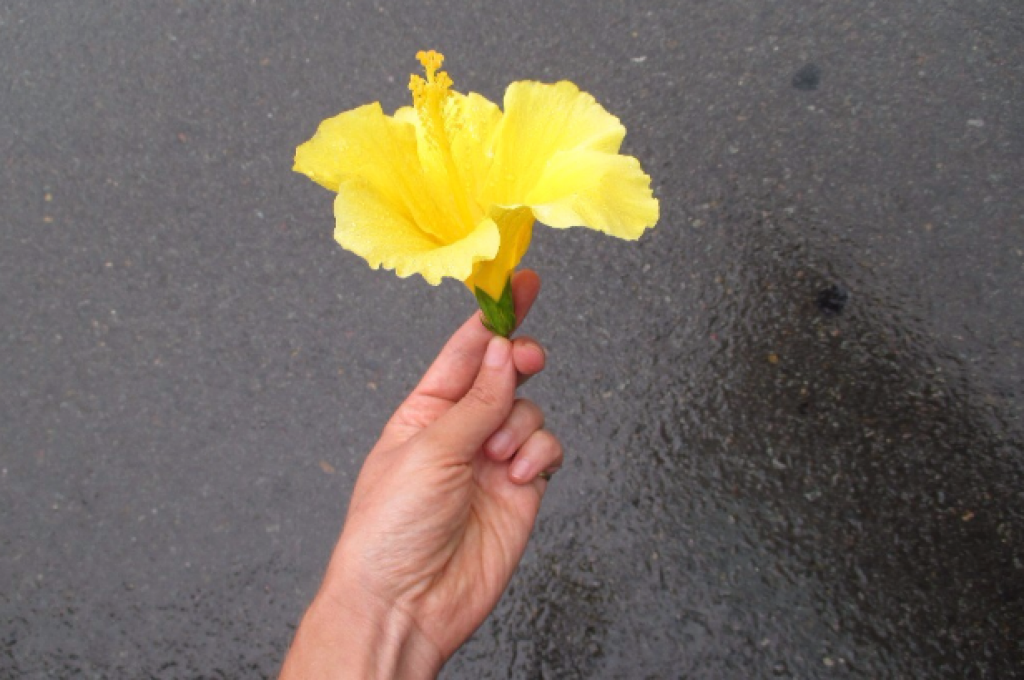Jaime Shearn Coan in Conversation with Mariana Valencia (Excerpt)
November 8, 2016
Excerpt from
Jaime Shearn Coan in Conversation with Mariana Valencia
critical correspondence | September 23, 2016
JSC: [W]orking with archives is so crucial (and I am by no means the first to say so!). They are these time capsules that show us not just traces of individual lives but also the circulations and frictions between and among lives which constitute collective history. For those of us who care about and recognize the importance of dance and live art performance as both chroniclers and shapers of history and culture, we have to work especially hard to recover whatever scraps we can in order to form a lineage. That’s been a driving force of the Lost and Found Platform. And of course, when it comes to archives, these categories: dance, gay, AIDS, black, brown, lesbian, trans, etc., are historically less likely to be considered worthy of being archived, right? So the more these categories intersect, the disadvantage multiplies in terms of access to institutional preservation.
I was speaking to the Chief Librarian at the The Graduate Center, Polly Thistlewaite, who chaired a panel in which I shared some of my archival research, and she was telling me about how, during the crisis years, when people died, there was a very swift mobilization on the part of their caretaking networks to get their papers to an institution as soon as possible. They knew that it was necessary to proactively preserve their loved ones’ documents and creative work in order to prevent intentional destruction or accidental loss. So you have archiving as a form of activism —a way of ensuring a place in history.
But then you need living people to come and encounter the archives —to reactivate them. For me, it is an intimate and often emotional experience to go through the archives of a queer artist or activist who died of AIDS. There is often a record of the sudden struggle with mortality, of frustration with unfinished projects, of anger and fear. There’s a strange juxtaposition too, with the fact that this exchange is happening in a kind of bloodless, institutional space. Whether I’m looking at a sexually explicit photograph, reading a harrowing journal entry, or listening to a song called “ACT UP” or “Forever Gay” on headphones, I am always aware that I am under observation, that the encounter is moderated in some way. It’s a queer encounter —public and clandestine at the same time.
MV: You’ve collected a dossier of Assotto Saint’s work for me to study for the Lost and Found Platform, so that I can encounter his work. Though the dossier represents only a fraction of his oeuvre, I have already gained a personal understanding to the person he was. This archival material includes letters to landlords, court statements, notes, and cassette tapes. My encounters with this material can feel clinical as well as spiritual. He’s often the ghost in my room. I get to see his handwriting in pencil on paper, the strokes of his letters, the organization of his typed letters, I hear his voice in my ear on tape, as well as his published work. From these objects, I gather the essence of a person, without his scent, without his touch; an encounter from without the catacomb. There is a feeling of raising the dead, personally this creates an immense scope that’s daunting to perceive or to understand within the complete and impossibly embraceable history of the crisis; an emotional encounter. It’s an honor to have access to a single person’s world in this fragmented way. Knowing what I’ve learned form this material, I have grown to miss him. I am upset that I didn’t get to know him, and that his work didn’t raise me, he didn’t get to be my elder. I was just born when he wrote the books I’m reading, and I was just a kid when he died. He was born the same year as my mom, so this elder/parental dynamic is real for me. I feel a loss and a deficit and that’s what keeps me looking for more. It feels like it’s our duty to our kindred folk, it’s a queered relational experience of the living with the dead, an archival hold.
I can relate to a pre-archive if I look at my own history as the focus of my artistic scarcity issue. I’ve always erased myself from the future history books because I’m a queer Latina and my story is marginal and therefore so is my future history. Perhaps this won’t be true, but if I say it will be, I can begin to make work that can avoid my erasure. I’ve been making work that helps make notes for the person in the future who will write my history, so I relate to people who have pre-archived their work, like Neil [Greenberg], people who have empowered their legacy by expressions of self-history while addressing the issue of erasure before the self ends. Making work from what I’m packing, both in the queer and Latina artist sense. I’m working from a deficit standpoint so I push harder to make the negative a positive. This is the reality of a marginal experience that’s not considered central. It’s like thinking of the archival work of Assotto, for example, I think about the work being preserved because someone one day needed to say that it mattered, that the life that made the work mattered. Not just to the people who knew him, but to everyone.
Read the full conversation here.
